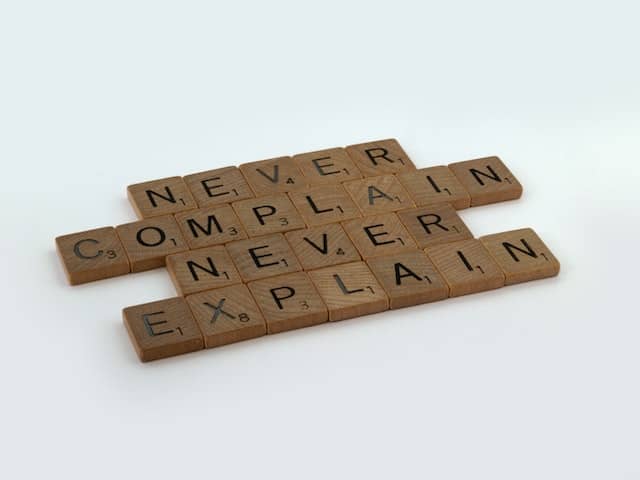How does Jack account for Simon’s death? One of the most shocking moments in the book Lord of the Flies is the death of Simon, a gentle and insightful character who is mistaken for the beast by his fellow stranded boys. But how do the boys account for this tragic event? In particular, what does Jack, one of the central characters and the leader of the hunters, say about Simon’s death? According to Jack, Simon was not a victim of their own violence and savagery, but instead was dressed in disguise as the very thing they feared most – the beast. But is this a convincing excuse for what happened on the island? To fully understand the complex dynamics at play in Lord of the Flies, it is essential to delve deeper into Jack’s reasoning and the implications of his justification.
How does Jack account for Simon’s death? (Answer)
In William Golding’s Lord of the Flies, the death of Simon is a pivotal moment that highlights the descent into savagery of the stranded boys. Simon, a gentle and reflective character, is mistaken for the beast by his fellow boys during a frenzied ritual and is brutally killed. But how do the boys account for this tragic event, and in particular, what is Jack’s explanation for Simon’s death?
Jack, one of the central characters and the leader of the hunters, is quick to justify Simon’s death as a result of mistaken identity. He tells the other boys that Simon was not a victim of their own violence and savagery, but instead was dressed in disguise as the very thing they feared most – the beast.
This explanation is not entirely convincing. For one, it ignores the fact that Simon was not a threat to the boys and had never shown any violent tendencies. Additionally, it suggests that the boys were not responsible for their actions, as they were reacting to a perceived threat rather than acting on their own accord.
Furthermore, Jack’s explanation reinforces the idea that fear and paranoia can lead people to act irrationally and commit unspeakable acts of violence. It suggests that the boys were not entirely in control of their actions and were easily manipulated by their own fears and prejudices.
Jack’s justification for Simon’s death also highlights the theme of identity in the novel. The boys are constantly struggling to define themselves and their place in society, and their fear of the beast represents their fear of the unknown and their own inner darkness. By blaming Simon’s death on mistaken identity, Jack is essentially denying the complexity of human nature and the potential for good and evil to exist within each individual.
Does Jack think Simon is the beast?
Yes, Jack thinks Simon is the beast. The entire tribe, including Jack, believed that Simon really was the beast when they attacked him.
How did the boys react to Simon’s death?
After Simon’s death, the boys seemed to be overwhelmed with sorrow, embarrassment, and guilt. However, Ralph was more forthcoming in his reaction to Simon’s death. He was in a state of shock and admitted to Piggy that it was murder. On the other hand, some of the boys were still in denial and refused to accept their role in Simon’s death. For example, Piggy told Ralph that it was an accident. Nevertheless, it was clear that all the boys were affected by the tragedy, which marked a turning point for them on the island.
Who is most responsible for Simon’s death Lord of the Flies?
In Lord of the Flies, Simon’s death is a result of the collective actions of all the boys on the island. However, it can be argued that Jack and his tribe are most responsible for Simon’s death since they were the ones who were in the midst of their savage dance when Simon emerged from the forest. Furthermore, they actively participated in Mob Mentality and mobbed Simon, leading to his tragic end. Nonetheless, all of the boys are responsible for creating an environment where violence and brutality became normalized, leading to Simon’s death as a manifestation of this underlying savagery.
Conclusion
In conclusion, Jack’s account of Simon’s death as a case of mistaken identity is a flawed justification that fails to fully acknowledge the role of human nature and societal influences in the boys’ descent into savagery. It highlights the destructive power of fear and paranoia, and the struggle for identity and morality in a world where societal norms have been stripped away.
